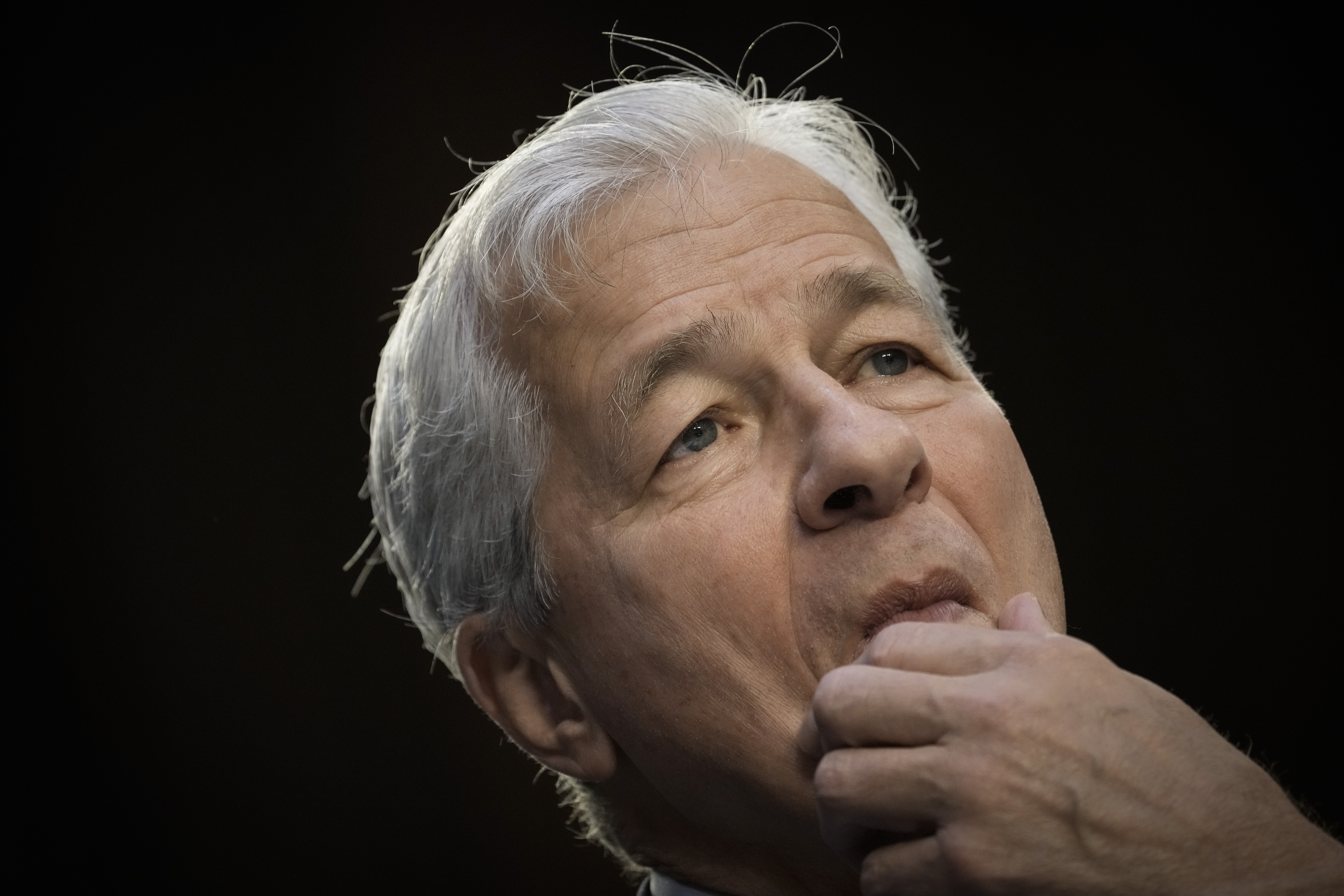JPMorgan Chase CEO Jamie Dimon has an idea for how lawmakers can make the transition to renewable energy easier.
In his annual shareholder letter, Dimon wrote, “The window for action to avert the costliest impacts of global climate change is closing.”
According to the CEO, “To expedite progress, governments, businesses and non-governmental organizations need to align across a series of practical policy changes that comprehensively address fundamental issues that are holding us back. Massive global investment in clean energy technologies must be done and must continue to grow year-over-year.”
Dimon argued, “Permitting reforms are desperately needed to allow investment to be done in any kind of timely way.”
He continued, “We may even need to evoke eminent domain – we simply are not getting the adequate investments fast enough for grid, solar, wind and pipeline initiatives.”
Dimon argued, “Widespread investing across the private sector will aid domestic manufacturing, invigorate research and development in green innovation, help create resilient supply chains, lift up local economies and build the U.S. clean energy workforce by up to 9 million jobs over the next decade.”
Mentioning policies, including the Bipartisan Infrastructure Law, the Creating Helpful Incentives to Produce Semiconductors (CHIPS) and Science Act, and the Inflation Reduction Act (IRA), he suggested they should be implemented as soon as possible to unlock clean technology development.
“Bolstering growth must go hand in hand with both securing an energy future and meeting science-based climate targets for future generations,” Dimon said.
Along with Dimon’s push for clean energy, it appears he has changed his tune on the economy.
“Looking ahead, the positives are huge. However events play out it is likely that 20 years from now, America’s GDP will be more than twice the size it is today, and hundreds of millions of people around the world will have been lifted out of poverty,” Dimon said of the economy.
The letter acknowledges “unemployment is extremely low, and wages are going up, particularly at the low end.”
It continues, “We’ve had 10 years of home and stock price appreciation, and even if we go into a recession, consumers would enter it in far better shape than during the great financial crisis. Finally, supply chains are recovering, businesses are pretty healthy and credit losses are extremely low.”
In October 2022, Dimon issued a warning about the economy.
“These are very, very serious things which I think are likely to push the U.S. and the world — I mean, Europe is already in recession — and they’re likely to put the U.S. in some kind of recession six to nine months from now,” Dimon said at the time.























